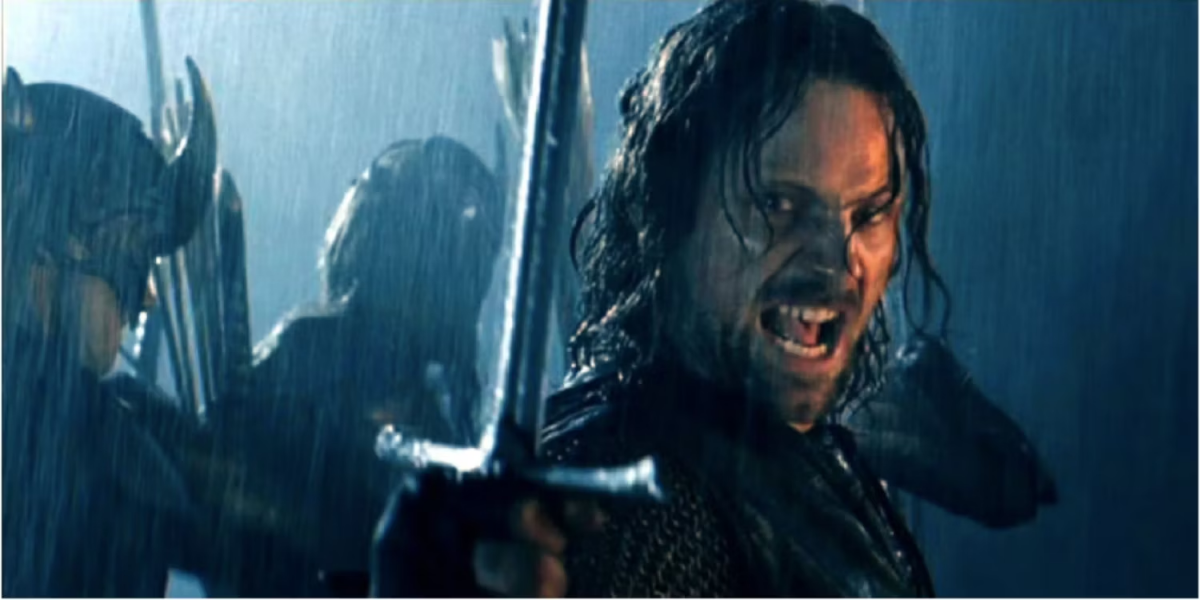In a world where trends come and go, and fads fade into obscurity, there exists a rare gem of literature that stands the test of time, captivating hearts and minds across generations. J.R.R. Tolkien’s magnum opus, “The Lord of the Rings,” is more than just a fantasy novel; it’s a timeless tale that continues to enchant readers decades after its initial publication.
At its core, “The Lord of the Rings” is a story of heroism, friendship, and the eternal struggle between good and evil. Set in the richly imagined world of Middle-earth, the trilogy follows the perilous journey of Frodo Baggins and a diverse fellowship of companions as they seek to destroy the One Ring and thwart the dark lord Sauron’s plans for domination. Along the way, they encounter majestic landscapes, formidable adversaries, and moments of both triumph and despair.
What sets Tolkien’s work apart from other fantasy novels is its depth and complexity. From the intricate histories of Middle-earth’s various races to the moral dilemmas faced by its characters, “The Lord of the Rings” is a masterclass in world-building and storytelling. Tolkien’s attention to detail is evident in every aspect of the narrative, from the languages spoken by elves and dwarves to the songs sung by hobbits around the hearth.
But perhaps the most remarkable aspect of “The Lord of the Rings” is its ability to resonate with readers on a profound level. Despite being set in a fantastical realm populated by wizards, elves, and dragons, the themes explored in Tolkien’s work are deeply human. The bonds of friendship forged between Frodo and his companions, the courage displayed in the face of overwhelming odds, and the triumph of hope over despair are all themes that transcend the boundaries of fantasy and speak to the universal human experience.
Moreover, Tolkien’s work has had a lasting impact far beyond the realm of literature. From the iconic film adaptations directed by Peter Jackson to the countless works of art, music, and scholarship inspired by Middle-earth, “The Lord of the Rings” has become a cultural phenomenon in its own right. Its influence can be felt across multiple mediums, shaping the way we think about storytelling and the power of imagination.
As we celebrate the enduring legacy of “The Lord of the Rings,” it’s worth reflecting on why Tolkien’s timeless tale continues to captivate audiences around the world. Perhaps it’s because, at its core, “The Lord of the Rings” is more than just a fantasy novel; it’s a reflection of the human spirit and our enduring capacity for courage, friendship, and hope in the face of darkness. And as long as those themes continue to resonate with readers, the legacy of Tolkien’s masterpiece will endure for generations to come.





